2019/01/10(木)
International Session :BioLabs -The new way of building bitech companies-
|
Vice President Strategic Partnerships, BioLabs |
[Summary]
Across this entire network, we have over 200 companies in residence and a selection ratio of only 20%. 200 companies across the country, the top 20%, really make our jobs very exciting to see such competitive technologies. Over US$2.4 billion has been raised by the groups since our inception.
In 2010, with co-founder Johannes Freuhauf, the Cambridge BioLabs was formed with a small coworking laboratory space in One Kendall Square, Cambridge, Massachusetts. Cambridge BioLabs was founded based on the experiences of the founders when they had other startup companies in this environment such as Seaquent and Vithera Pharmaceuticals. They experienced the traditional startup model and were thoroughly deluded early on in the value lifecycle of the companies and didn't realize very high profitability.
In 2013, a non-profit company called LabCentral was spun out, which received a US$5 million grant from the state of Massachusetts to create an equivalent coworking laboratory space in Kendall Square Massachusetts. Since then, over 60 startup companies have been served; they have collectively raised over US$1.3 billion in capital. So the company has a proven track record. In 2016, the founders of BioLab established an investment fund called Bio Innovation Capital with the objective of investing in startup companies and universities in its network.
BioLabs and LabCentral lead to the creation of coworking ecosystems that pair premium, fully equipped laboratory facilities with office spaces and with access to capital and partnerships. These facilities allow biotech companies to launch in less than a week. At BioLabs, they also believe that time is one of the most valuable resources. Companies can start with a single bench and scale up to 10-15 employees.
LabCentral was built as a shared laboratory including the following offerings:(a) fully functional laboratory space; (b) availability of equipment, both topnotch as well as common equipment; (c) permissions for the disposal of bio-hazardous and chemical waste; and (d) IP confidentiality. Companies can rent space based on a bench-by-bench rental model. This provides for small increments of laboratory space with the potential to grow within the facility. In these startup ecosystems, companies can make capital connections that improve the likelihood of success. Through support services, these companies are allowed to focus on meeting their scientific milestones and accessing the resources they need to achieve high potential success.
The organization has created a cluster effect that's supportive of the entrepreneurial culture. This has proved to be more capital efficient for biotech or pharma start-ups, thus enabling the researcher to retain his/her ownership over IP.
[Profile]
Laura Holberger PhD is the Vice President of Strategic Partnerships at Biolabs, a scientist-entrepreneur and investor-founded network of shared laboratory workspaces located in key cities with proven biotech innovation clusters. In this role, Laura and her team work closely with startups, strategic partners, and venture capitalists to de-risk early stage projects and to clear the path for investment and partnership opportunities. During her tenure at BioLabs, Laura has supported the growth of over 140 life science startup companies.
Laura did her graduate work in Molecular Biology and Technology Management at the University of California Santa Barbara. After receiving her graduate degree, Laura was an Investigator at ViThera Pharmaceuticals where she led their R&D program for GI indications. She went on to co-found Cambridge BioLabs, a coworking laboratory space for early stage biotech start-ups that was the predecessor to LabCentral and the BioLabs network.
More information about Biolabs, click here!


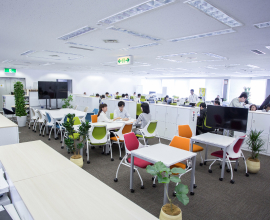
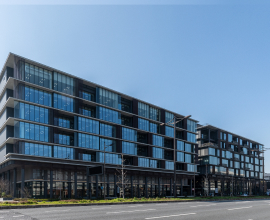

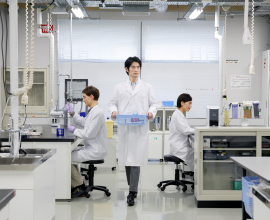
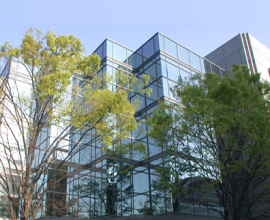
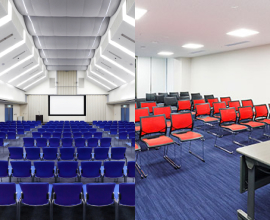
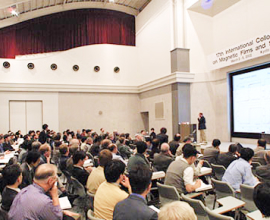
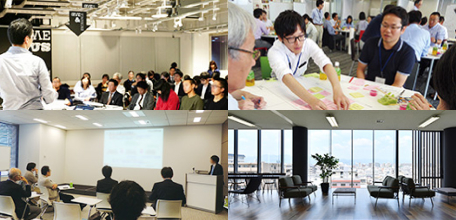
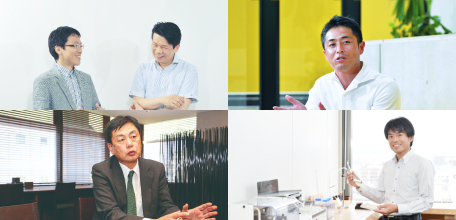

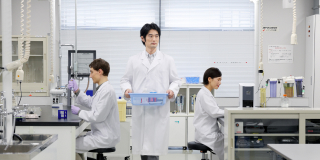
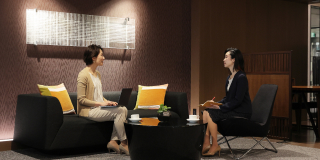
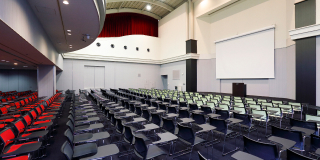
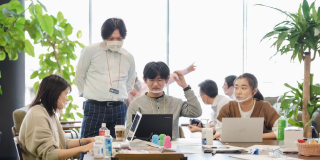

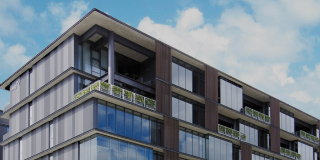
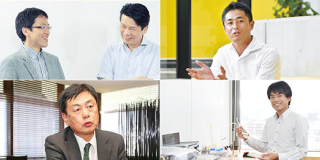
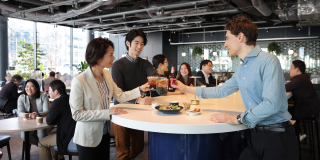

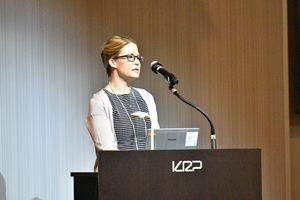 Laura Holberger, PhD
Laura Holberger, PhD